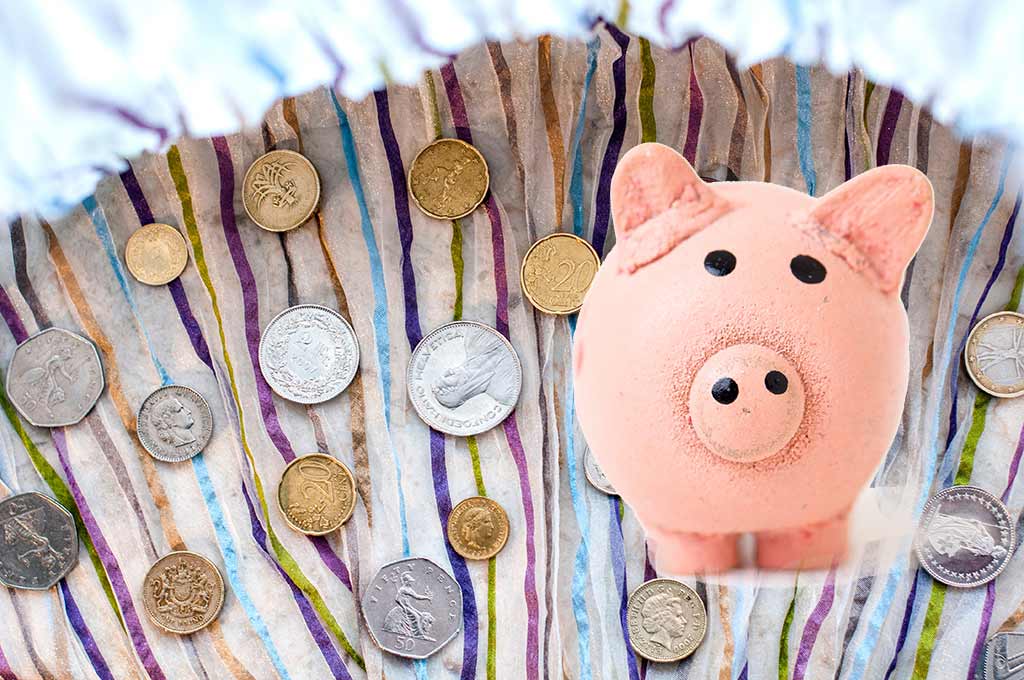COSTA RICA LOSES ITS CURRENCY

Costa Rica loses its currency; this is a result of considerable expenses that coin production has in connection with the most recent technological advancements. We are talking about the 5 colones coin, which is less and less necessary and costs more than it is worth. This and more has rendered its production impractical.
For that reason, the Central Bank of Costa Rica recently published a statement expressing the end of manufacturing 5 colones coins.
How the loss of currency affects Costa Rica
Actually, the loss of the coin in Costa Rica is something that does not negatively affect any citizen or the nation itself, on the contrary, the country will stop having unnecessary expenses with minting of a coin that is very little used and that each day is handled less frequently.
Currently the central bank has an expense of 7.10 colones for each coin minted, which represents a loss of 2.10 for each 5 colones coin; something quite considerable if one takes into account that there are many that are generated daily .
In the year 2004, in search to try finding a solution to the loss that was had by currency, the bank began to mint it in aluminum, which is the cheapest material that exists on the market. Still the cost was above the value of the coin.
In view of the fact that the coin of 5 is not widely used and its circulation ist not very broad, apart from the fact that many of them end up lost because people do not deposit them to the bank, the final decision was taken to take it out of circulation completely and stop manufacturing it altogether beginning of 2020.
However, there are still around 715 million coins in circulation throughout the country, which may continue to be used as a means of payment in effect until they are fully collected and payments are made without them.

There weren’t only losses with manufacturing of the coin, but also other sectors of the economy are affected by it. Taking into account that there are many expenses for things such as transfer, processing and many other issues. Therefore, the country finally decided to more direct payments electronically and largely relegate the use of cash.
Many countries have already gone through this process with the loss of its currency, at the time they were also affected by expenses in material, labor and a host of other things, until they decided to eradicate practically completely the use of them.
Apps instead of cash
A clear example of this is China, a country where basically no more cash exists. Transactions are carried out through an app known as Wechat pay, which consists of an instant messaging service that allows them to pay their bills without the need to use any type of cash.
It was launched in 2011, as a way to solve the telephone-communication needs that were very expensive in the country. Since it was received well by the people, other functions were added and that is how it ended up evolving to what is known for today.
It has become one of the most used apps in China, just after Facebook and WhatsApp.
What has made this app so popular when in other countries there are also apps that allow you to make payments online? The reason for the success of this application is because it not only allows you to pay bills, but also includes a whole plethora of other features.
Among its benefits is free voice-calling, being able to order food at home, request a taxi, set up medical appointments, play online, pay fines and even have the option of requesting a divorce through it. Basically, they are all apps in one.
Is it possible that Costa Rica has a similar future like that of China with an app like that? The answer is yes, now that Costa Rica loses its currency due to lack of its sustainability, it is the first step into the world of electronic payments.
The future of Costa Rica is really promising, like China with wechat play, it will also benefit greatly from replacing cash with electronic methods. Some of the advantages that can be expected, apart from improving the economy, is the realization of all types of transactions in a simpler way, the time savings that this represents and the improvement of the technological areas in the country.
To read the article on our site in Spanish click here
Also if you have any questions: Feel free to contact us
Show some love and share this article with the buttons below.